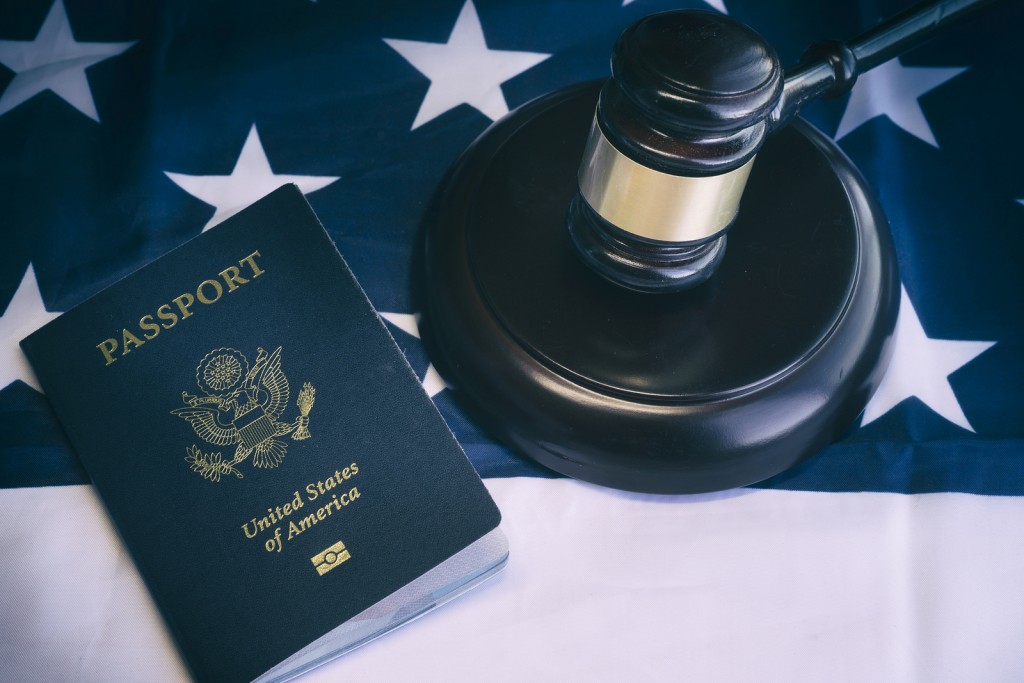With Which Foreign Countries Does the United States Share Tax Information?
For American expatriates, tax residents, and other taxpayers with ties to foreign nations holding assets in foreign accounts can be particularly useful and convenient. However, in relatively recent years, the process and procedures one must follow to maintain compliance with the law have become significantly more complex. That is, the enactment of FBAR penalties for noncompliance in 2008 and the passage of FATCA in 2010 presaged an IRS and DOJ that would aggressively pursue taxpayers who failed to comply with foreign disclosure laws – even accidentally.
IRS and DOJ investigations into offshore tax fraud are aided by the data obtained through international tax treaties. While these treaties can reduce double-taxation and an array or issues that exist when the tax systems of two nations collide, they also contain information sharing provision. While some tax treaties allow for the exchange of information only upon request, other treaties allow for the automatic exchange of taxpayer data. Sections 3 and 4 of IRS Revenue Procedure 2014-64 set forth the nations with which the United States holds information-sharing tax treaties.
Taxpayers holding accounts in any tax treaty nation should proceed cautiously and only stake out conservative tax positions. If you have accounts and assets in a nation with which the United States has a tax treaty and have failed to make a voluntary disclosure or amend your taxes, contact a tax professional immediately. For more than 30 years, CPA Ted Kleinman of U.S. Tax Help has assisted expats and U.S. taxpayers with their international tax obligations.
With Which Nations Will the United States Automatically Exchange Tax Data?
As part of the IRS and DOJ’s push to implement FATCA, international government agreements permitting the automatic exchange of financial information were signed with a number of nations. According to Section 4 of IRS Revenue Procedure 2014-64, the United States has tax treaties permitting the automatic exchange of data with the following nations:
- Azerbaijan
- Australia
- Brazil
- Canada
- Czech Republic
- Denmark
- Estonia
- Finland
- France
- Germany
- Gibraltar
- Guernsey
- Hungary
- Iceland
- India
- Ireland
- The Isle of Man
- Israel
- Italy
- Jamaica
- Jersey
- Korea, Republic of
- Latvia
- Liechtenstein
- Lithuania
- Luxembourg
- Malta
- Mauritius
- Mexico
- Netherlands
- New Zealand
- Norway
- Poland
- Saint Lucia
- Slovak Republic
- Slovenia
- South Africa
- Spain
- Sweden
- United Kingdom
There are other nations that have signed an IGA or agreed in principle, but yet to implement it. A full accounting of nations that have negotiated, signed, or agreed to automatic exchange of taxpayer data is available on the U.S. Treasury’s website.

From Which Nations Can the U.S. Government Request Taxpayer Data?
In addition to automatic data exchanges or as an alternative, the U.S. government can also make specific requests for taxpayer data. The nations where the U.S. government may make specific requests for taxpayer data are set forth in Section 3 of IRS Revenue Procedure 2014-64. The nations are:
- Antigua & Barbuda
- Aruba
- Australia
- Austria
- Azerbaijan
- Bangladesh
- Barbados
- Belgium
- Bermuda
- Brazil
- The British Virgin Islands
- Bulgaria
- Canada
- Cayman Islands
- China
- Colombia
- Costa Rica
- Croatia
- Curacao
- Cyprus
- Czech Republic
- Denmark
- Dominica
- Dominican Republic
- Egypt
- Estonia
- Finland
- France
- Germany
- Gibraltar
- Greece
- Grenada
- Guernsey
- Guyana
- Honduras
- Hong Kong
- Hungary
- Iceland
- India
- Indonesia
- Ireland
- The Isle of Man
- Israel
- Italy
- Jamaica
- Japan
- Jersey
- Kazakhstan
- Korea, Republic of
- Latvia
- Liechtenstein
- Lithuania
- Luxembourg
- Malta
- Marshall Islands
- Mauritius
- Mexico
- Monaco
- Morocco
- Netherlands
- Netherlands island territories including Bonaire, Saba, and St. Eustatius
- New Zealand
- Norway
- Pakistan
- Panama
- Peru
- Philippines
- Poland
- Portugal
- Romania
- Russian Federation
- Saint Lucia
- Slovak Republic
- Slovenia
- South Africa
- Dutch St. Maarten
- Spain
- Sri Lanka
- Sweden
- Switzerland
- Thailand
- Trinidad and Tobago
- Tunisia
- Turkey
- Ukraine
- United Kingdom
- Venezuela
If you hold accounts or assets in these nations, be aware that the U.S. government can request tax documents that expose your failure to disclose accounts or pay taxes on income.

Fix Offshore Tax Mistakes with Streamlined Disclosure
If you have made tax errors regarding overseas accounts, the IRS and DOJ have an array of tools to identify and prosecute noncompliant taxpayers. However, many taxpayers who simply made a mistake can frequently qualify for relief through the Streamlined Disclosure Program. Taxpayers who successfully navigate the program can minimize or eliminate the fines and penalties they face. To discuss your options in achieving or maintaining tax compliance, or overall U.S. expat tax services call Ted Kleinman at U.S. Tax Help by dialing (541) 923-0903 today.

